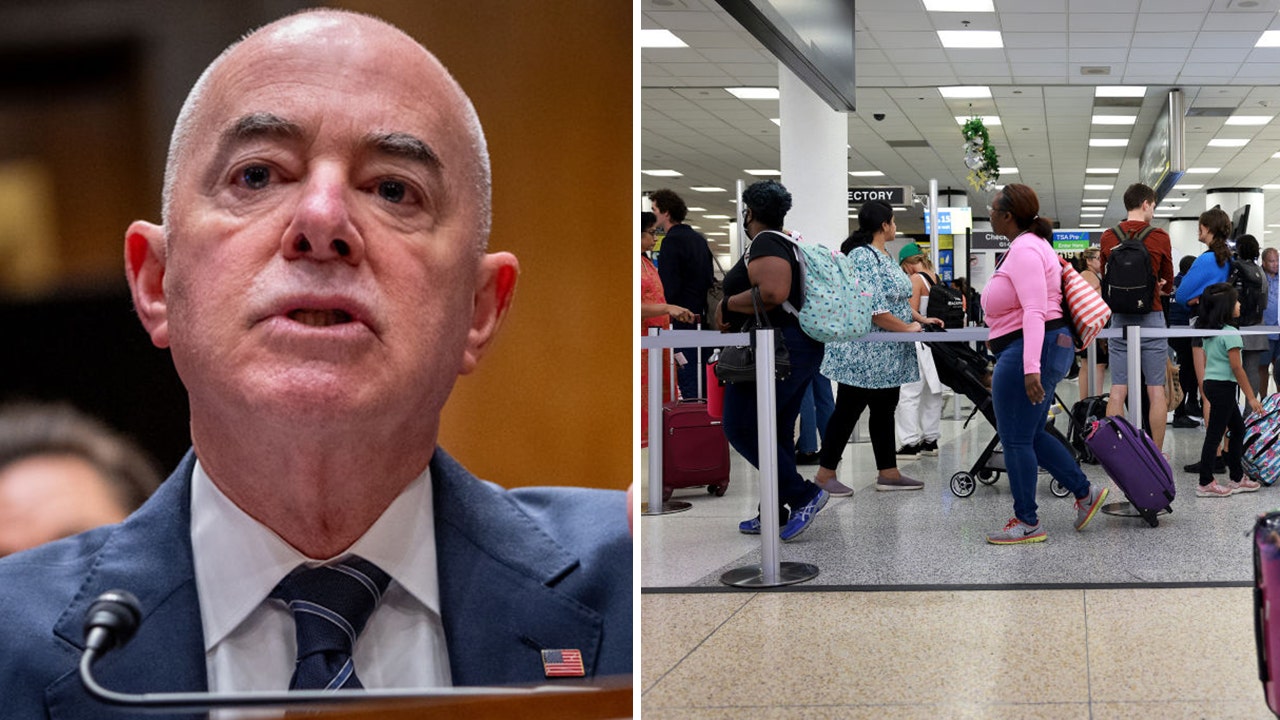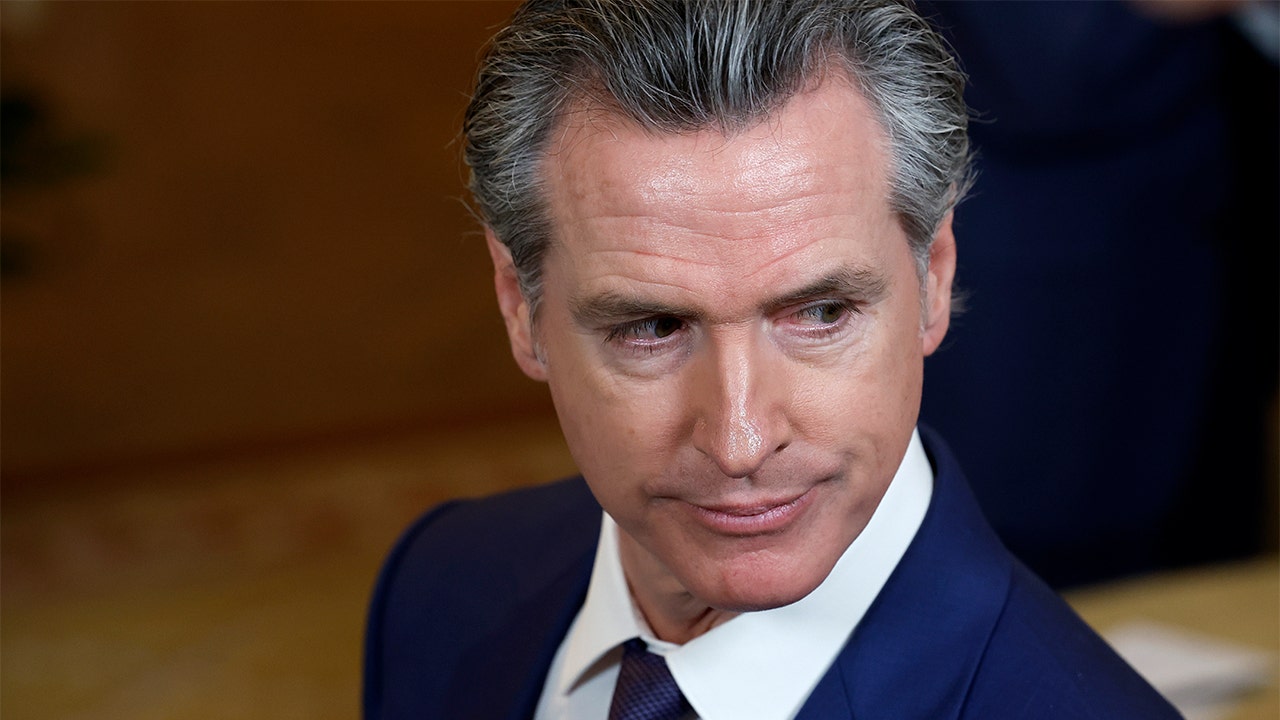Hipgnosis Songs Fund, the listed UK music rights investment company, has agreed to a $1.4bn takeover from Apollo-backed rival Concord Chorus.
The deal follows a strategic review by the company’s board after it lost a shareholder vote in October that put its future in doubt.
The takeover values each Hipgnosis share at 93p, roughly a third above the group’s closing price on Wednesday and a small premium to the latest valuation of a music portfolio that includes Red Hot Chili Peppers and Shakira.
The deal has already been backed by a number of top shareholders, representing about 29 per cent of Hipgnosis’ issued share capital.
Hipgnosis was founded by music executive Merck Mercuriadis in 2018 to turn music rights into a mainstream asset class, using the rising royalties from streaming, radio play and performances to provide income for investors and boost valuations.
But the appeal of the asset class has been hit by higher interest rates. Hipgnosis has been forced to slash the value of its music portfolio and has faced questions over its governance and levels of debt.
Concord, which is controlled by investor Alchemy Copyrights, has been an acquirer of music rights and companies. It said US private equity group Apollo had committed to providing financing for the acquisition through debt and a minority stake in the bidding vehicle.
However, the Hipgnosis board is still seeking to terminate its agreement with Mercuriadis, who continues to run Hipgnosis Song Management, the company’s investment adviser. Up to $25mn would be available to shareholders should the investment manager terminate its contract.
Robert Naylor, chair of Hipgnosis, said: “The acquisition represents an attractive opportunity for our shareholders to immediately realise their holding at a premium, mitigating the risks we see ahead to achieving a material improvement in the share price.”
Naylor said he hoped to encourage Hipgnosis Song Management and Blackstone, the majority owner of the company’s investment adviser, to agree an orderly termination of its agreement.
“This would enable the payment of a larger consideration under the agreed transaction with Concord and bring to an end a period of uncertainty for all Hipgnosis stakeholders,” he added.
Hipgnosis Song Management did not immediately respond to a request for comment.
The Hipgnosis board on Thursday said it had considered all options for the future of the company, but the alternatives carried “significant risks, uncertainties and limitations”.
It said the share price was unlikely to increase to reflect the adjusted net asset value or deal price “in the medium term as a result of numerous company-specific and certain market issues”.
Substantial financial and governance changes would be necessary to improve its financial performance, it added.
The board had spoken to a number of potentially interested parties during the strategic review, it said, adding that it had received a number of indicative and preliminary proposals, all of which were less certain and came in at a lower value.
Since 2015, Concord, a music and theatrical rights company with a new release artist and writer programme, has invested more than $2.8bn in over 100 transactions to grow its business.
Bob Valentine, chief executive of Concord, said: “We believe we can integrate Hipgnosis’ catalogues into our wider portfolio of 1.2mn songs in a way that will deliver benefits for composers, performers and all our stakeholders.”


































